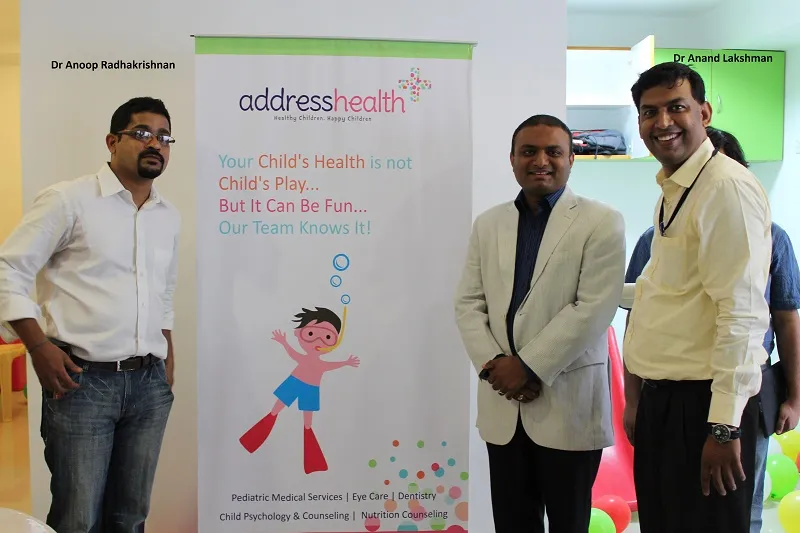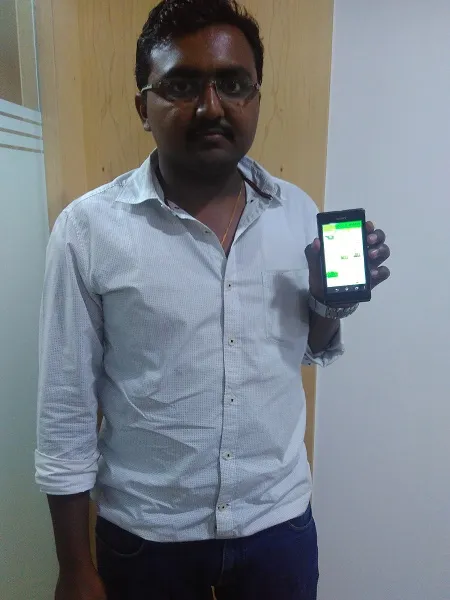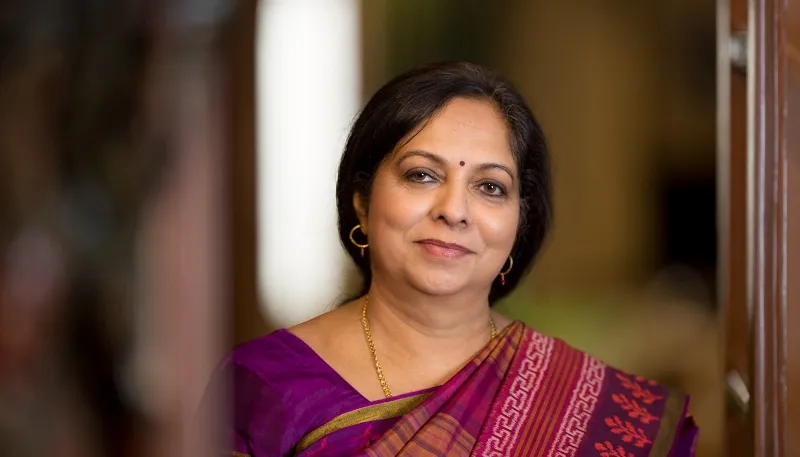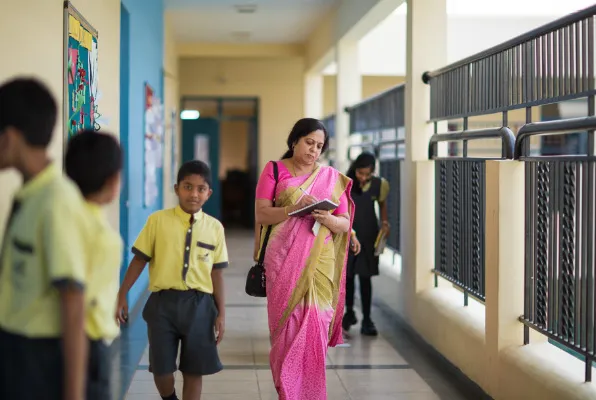Over 1,200 students have completed their graduation through Kumari Shibulal’s Sarojini Damodaran Foundation

Manoj lost his father at the young age of five. His mother spent the rest of her life working on the fields for a paltry sum of Rs 150 a day to make ends meet. Even though it was a hand-to-mouth situation, Manoj rarely felt the need to get educated and exit the poverty cycle. Given a chance, he would bunk classes and play. But, when he turned 14 and was diagnosed with a rare disease ‑ glomerulonephritis ‑ the concern of the doctors and his mother changed his behaviour. In the next three and a half months of recuperation at home, he wrote a 500-page book titled ‘Children in Medical Science’. With the help of his school teachers, this book contained health and medical information easily understood by children. Manoj finally found his direction; he wanted to be doctor and today, he’s in his first year of MBBS at Gadag Medical College.

Pavan comes from a small town in North Karnataka, Haveri. His father is a farmer who grows onions and cotton on their two-acre land. But, Pavan didn’t want to be a farmer. Instead, he wanted to help them and just two months ago, he launched the ‘Fodder App’, which disseminates information in Kannada on growing fodder for feeding animals. With 16 easily recognisable icons, this app provides information on cultivation practices, seed/root slips rate, soil and weather suitable for specific fodders, fertiliser requirements, etc., in Kannada. Pavan has already convinced 120 farmers to adopt this app for his trials and nearly 600 have downloaded it from the Google Play Store. The app can also be downloaded offline. Pavan is currently pursuing his Masters in Veterinary Science from Bengaluru.
Hailing from rural backgrounds, Pavan and Manoj’s families worked hard to make ends meet and educate their children. While the parents dreamt of seeing their sons reap the benefit of an educated populace, money was a huge constraint prohibiting them from encouraging their children to pursue higher studies. But, fate has the final call. These two bright minds are well on their way to carve a brilliant future for themselves and help many others, just like them. Thanks to the ubiquitous media, these young boys came across the Sarojini Damodaran Foundation, which under its Vidyadhan Scholarship Programme, identifies meritorious students in need of financial assistance after 10th standard and support them right up till graduation/post-graduation.
The story behind giving wings to over 1,200 children

S.D. Shibulal, former Founding Member of Infosys, and his wife, Kumari Shibulal, set up the Sarojini Damodaran Foundation (SDF) in 1999 to provide able young minds, opportunities for growth. Started on a small scale in Kerala‘s Alappuzha district, SDF initially provided scholarships to underprivileged students. Over the years, it diversified to include many causes under its ambit ‑ education, healthcare, pension projects, nutrition and art and culture across India. However, the core focus continues to be education and child health. In order to amplify the reach and impact in these two areas, SDF started three flagship programmes ‑ Vidyadhan, Vidyarakshak, and Harishree.
How critical is the need?
India has undoubtedly proved to be one of the most resilient economies of the world, with an average GDP growth of eight to six percent over the last decade. Yet, we remain a country of contradictions; 22 percent of our population is below poverty line and only one-third of children who enrol in grade one, manage to reach grade eight. The gross enrolment ratio (GER) currently stands at 92 percent at the primary level, falls to around 52 per cent in secondary education and then there is steep fall to a mere 20 percent for higher education. One of the main reasons for this is poverty and inability to access timely, financial support until graduation. How will a family then ever, exit the poverty cycle?
Vidyadhan Scholarship – Enabling academically brilliant students succeed
Unlike most scholarship programmes, Vidyadhan has a unique model. Every year, it selects 100‑150 students each from Kerala and Karnataka through a stringent, exhaustive process. The deserving and meritorious students receive financial support to pursue their higher studies, including professional education across any stream. The only condition to be able to continue receiving scholarship is to ensure consistency in academics. In order to widen the reach, Vidyadhan recently took a new approach. By leveraging the digital platform, Vidyadhan is allowing global audience to directly sponsor children without any extra charges.
So far, nearly 1,000 students have successfully completed their education and most of them are gainfully employed. At least 45 doctors and 260 engineers have graduated. There are 900 students who will graduate in the next three to five years.
Way forward
From the current academic year, Vidyadhan is expanding to Tamil Nadu, Andhra Pradesh, and Telangana. With the new digital platform in place, Vidyadhan aims to scale up the scholarships to 1,00,000 students in the next seven years. This is possible because the model, since existence, has witnessed how many sponsored scholars ‘pay it forward’ and support other students. For instance, Preethi V. completed her B.Tech in Electronics and Communications and is now working as a Senior Software Engineers in an MNC. She is currently sponsoring the education of two children. In fact, it is a matter of delight that nearly 70 percent of the graduated students are now paying it back.

When asked Kumari if she had any favourite students, she says,
Just like a mother cannot chose between her kids, I feel the same about the students under the Vidyadhan programme. I wish that all of them succeed and realise their dreams.
On a parting note, she urges more corporate to channelise their funds and resources (employees) towards education and says,
India’s educational needs are like an ocean, but if each one of us does our bit, we can make a difference.
Read More:
How edtech startups are contributing to a changing trend in education in India
How Nishita Rajput crowdsourced Rs 51 lakh to educate underprivileged girls in Vadodara
The woman who asked for Rs. 200 to educate herself has helped awaken the dreams of 14,000 underprivileged children
‘To ensure every underprivileged child attains his or her right to health, education, and opportunity’ – Vibha’s mission







